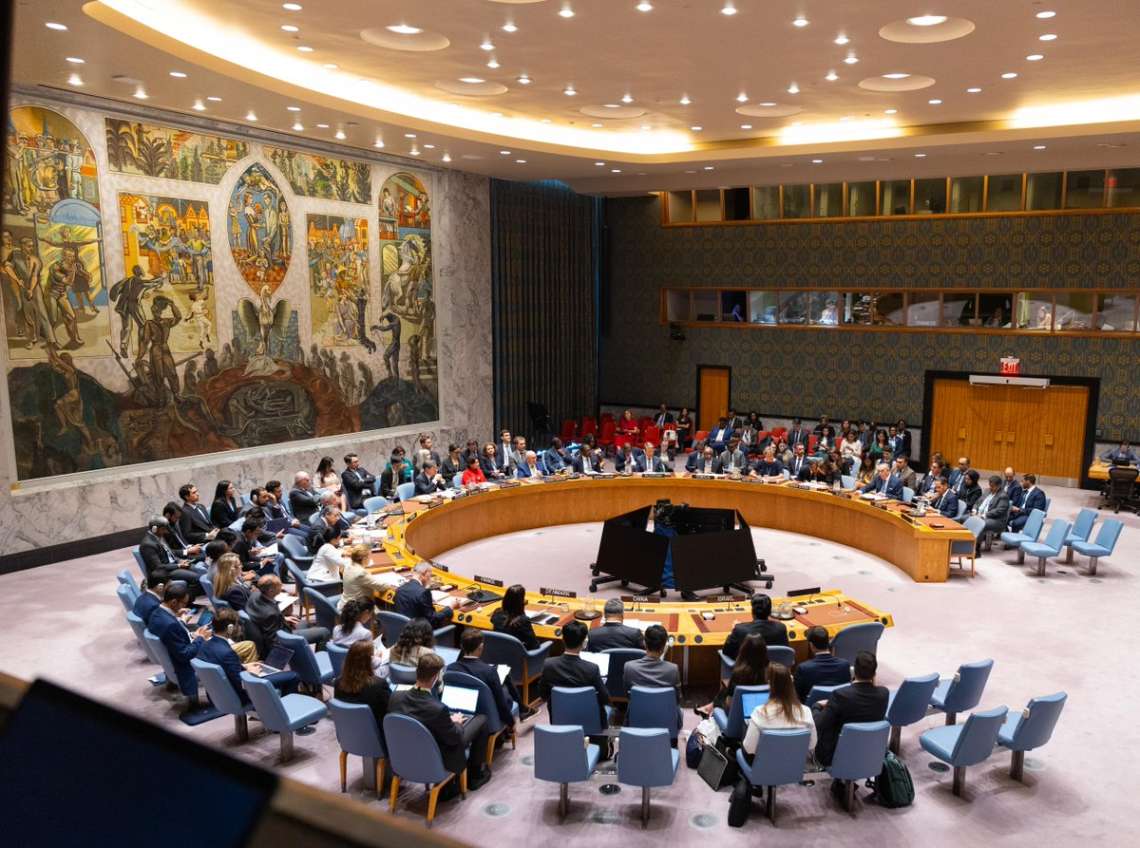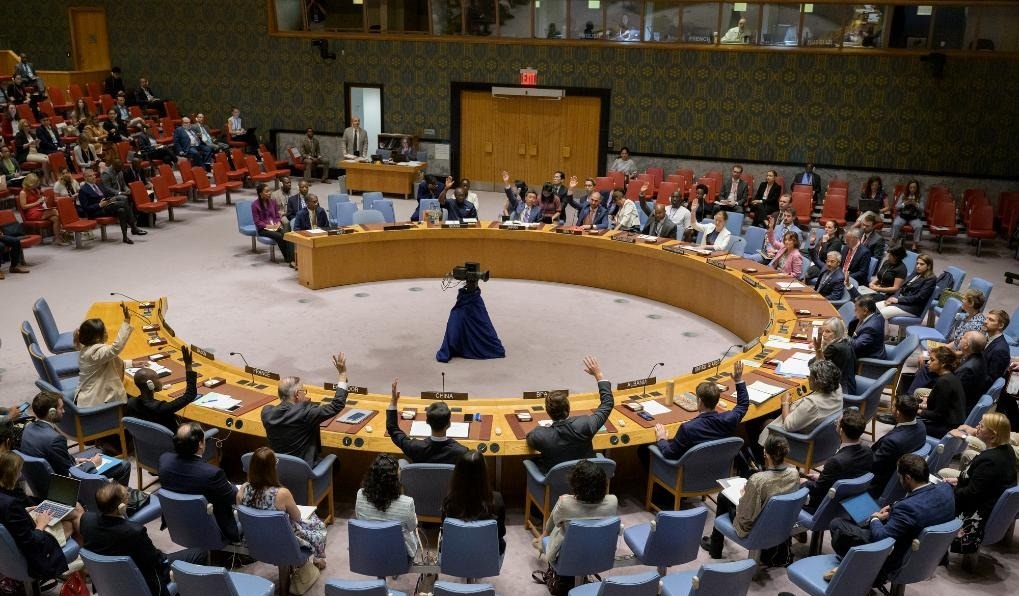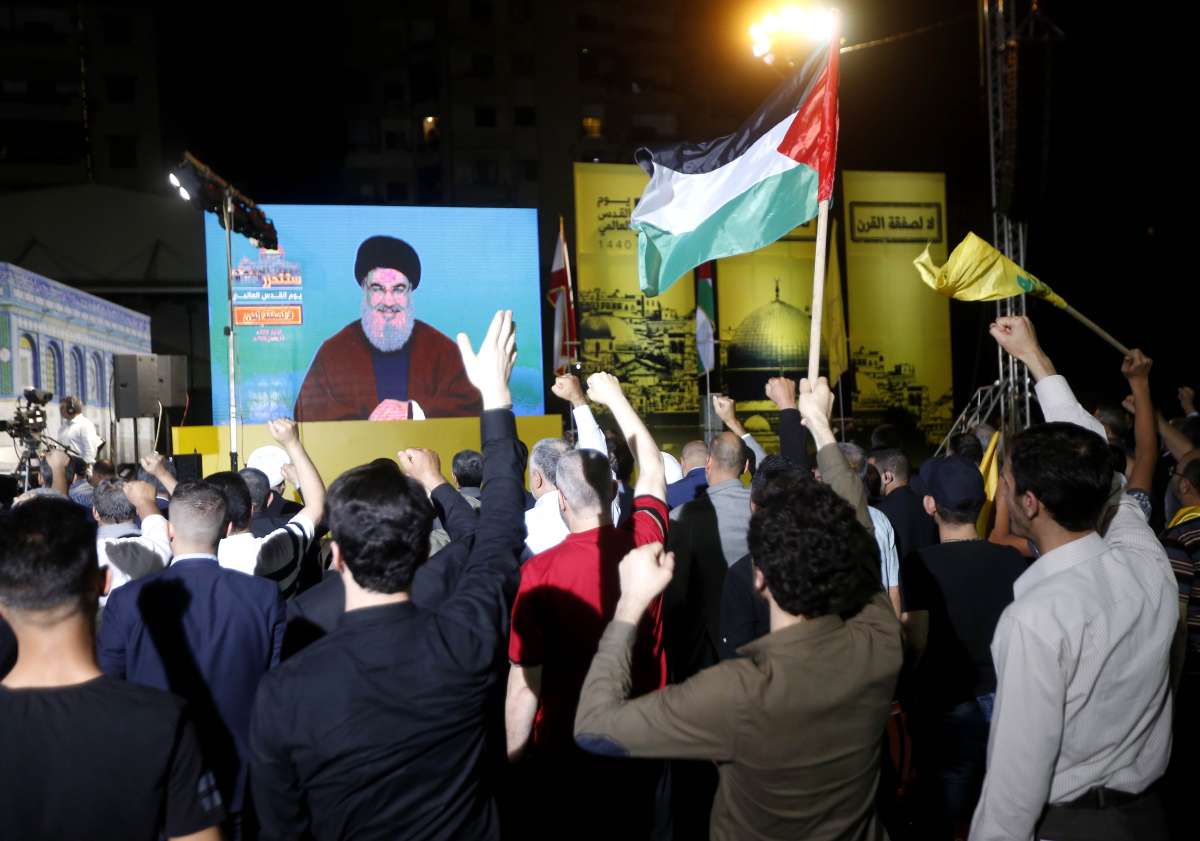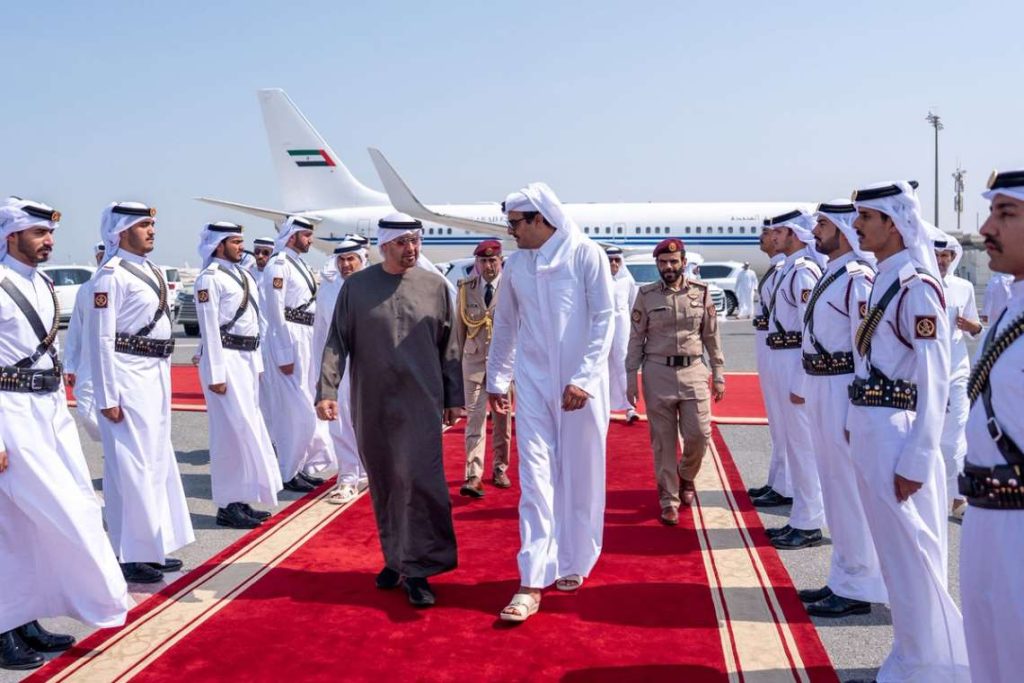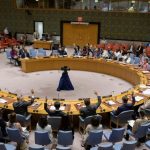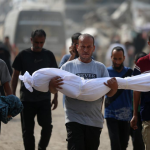UN Security Council condemns Israeli strike on Doha, warning of dangerous escalation that threatens ceasefire talks and urges protection of Qatar’s sovereignty and renewed diplomacy to end Gaza war.
The United Nations Security Council has condemned Israel’s airstrikes on Doha, calling them a grave escalation that threatens to derail fragile diplomatic efforts aimed at ending the war in Gaza.
In a rare statement following closed-door consultations on Thursday, the 15-member Council expressed “deep regret” over the loss of civilian life in the September 9 attack on “the territory of a key mediator” and reaffirmed its solidarity with Qatar. The body emphasised that the Gulf state’s sovereignty and territorial integrity must be respected under the UN Charter.
The strikes, which marked the first direct Israeli attack on Qatari soil since the current conflict began, killed several people and targeted individuals involved in ongoing mediation efforts. The Council warned that such actions jeopardise ceasefire talks and risk igniting a broader regional crisis.
In its statement, the Security Council stressed that Qatar, alongside Egypt and the United States, plays an indispensable role in regional diplomacy. “The Council recalled its support for the vital role that Qatar continues to play in mediation efforts in the region,” the statement said, adding that ending the suffering in Gaza and securing the release of hostages “must remain our top priority.”
Qatar has served as a hub for indirect negotiations between Israel and Hamas since the conflict erupted nearly two years ago. Working in coordination with Cairo and Washington, Doha has been instrumental in facilitating prisoner exchanges and temporary truces, and was actively engaged in discussions over a new US proposal for a ceasefire when the strikes hit.
UN envoy warns of dangerous escalation
Addressing the Council, UN Under-Secretary-General for Political and Peacebuilding Affairs Rosemary DiCarlo described the strikes as “a troubling escalation” that shocked the world and raised fears of a new, more volatile chapter in the conflict.
She said the attack targeted individuals gathered in Doha to discuss the latest American ceasefire proposal and the potential release of hostages held in Gaza. “Any action undermining mediation and dialogue weakens confidence in the very mechanisms relied upon to resolve conflicts,” she warned.
DiCarlo underscored the urgency of protecting Qatar’s sovereignty, calling the country a “valuable partner in advancing peace and conflict resolution.” She reminded members that the war in Gaza has already killed more than 60,000 people, displaced hundreds of thousands, and left the enclave on the brink of famine.
The UN envoy also pointed to escalating violence in the West Bank and rising tensions across Lebanon, Syria, Yemen, and Iran, warning that unchecked conflict risks pushing the Middle East into “a dangerous new phase of instability.”
Calls for restraint and renewed diplomacy
The Council urged all sides to exercise maximum restraint, emphasising that diplomacy, not further violence, is the only path forward. “The opportunity for peace must be seized,” the statement said. “A ceasefire and the release of hostages must remain our collective priority.”
DiCarlo reinforced this message, stating that lasting solutions will not come from force but from negotiated settlements that guarantee justice, dignity, and self-determination for the Palestinian people. She argued that undermining mediation efforts only prolongs bloodshed and makes peace more elusive.
Wider implications
The strikes on Doha have drawn widespread international condemnation, not only for their immediate humanitarian impact but also for the precedent they set in targeting a neutral mediator. Diplomats warn the move could dissuade other countries from facilitating talks in the future, weakening one of the few remaining channels for dialogue.
For Qatar, the attack represents both a direct threat to its sovereignty and a test of its role as a trusted interlocutor. Doha has vowed to continue mediation but is reassessing its involvement in light of what it has described as “state terrorism” against its people and institutions.
With the war in Gaza showing no sign of abating, and diplomacy hanging by a thread, the Security Council’s rebuke underscores growing global unease that the conflict is spilling far beyond Gaza’s borders. Whether this condemnation translates into tangible action remains uncertain, but the message from New York is clear: the international community sees the attack on Doha as a dangerous step too far.

